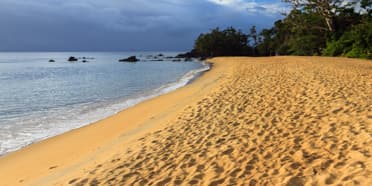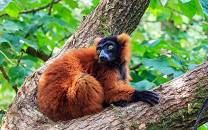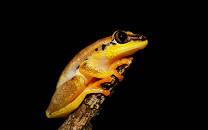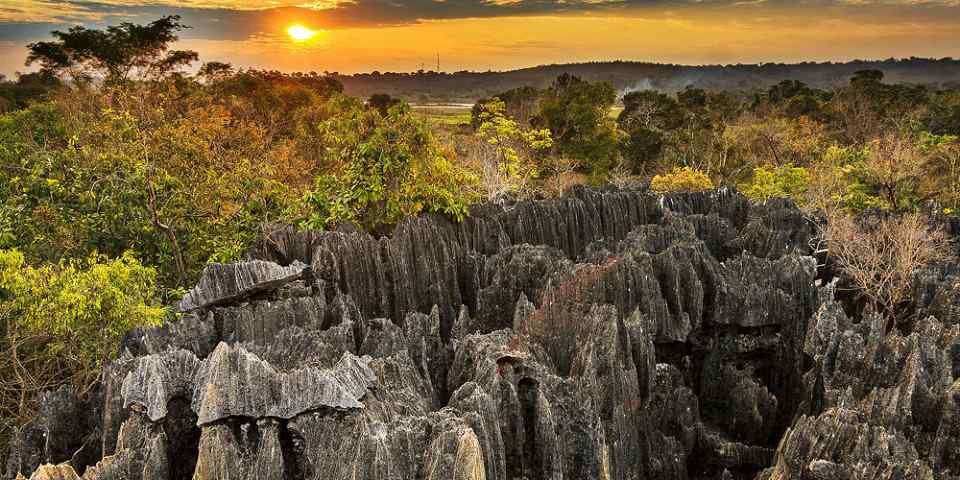
Safari Tours to Masoala NP
-
![12-Day Classic Madagascar Tour]()
12-Day Classic Madagascar Tour
$10,999 to $12,199 pp (USD)
Madagascar: Private tour
Mid-range Lodge & Tented CampYou Visit: Antananarivo (Start), Andasibe-Mantadia NP, Fort Dauphin (Town), Masoala NP, Antananarivo (End)

Wayfairer Travel
4.8/5 – 185 Reviews
-
![9-Day Masoala Safari Adventure]()
9-Day Masoala Safari Adventure
$2,552 pp (USD)
Madagascar: Shared tour (max 8 people per vehicle)BudgetCamping & Lodge
You Visit: Antananarivo (Start), Farankaraina Reserve, Masoala NP, Nosy Mangabe SR, Maroantsetra (Town), Antananarivo (End)

Madagascar Natural Tours
4.9/5 – 11 Reviews
-
![23-Day Madagascar Birding Tour]()
23-Day Madagascar Birding Tour
$5,302 pp (USD)
Madagascar: Private tour
Mid-range Camping & LodgeYou Visit: Antananarivo (Start), Farankaraina Reserve, Masoala NP, Nosy Mangabe SR, Maroantsetra (Town), Toliara (City), Anakao (Town & Beach), Tsimanampetsotsa NP, Zombitse-Vohibasia NP, Isalo NP, Ranomafana NP, Antsirabe (City), Antananarivo (City), Andasibe-Mantadia NP, Antananarivo (End)

Madagascar Natural Tours
4.9/5 – 11 Reviews

 Madagascar Parks
Madagascar Parks








